Facebook Discontinued The Project That Used Drones To Improve Mobile Data Speed
Jyotis - Apr 01, 2019
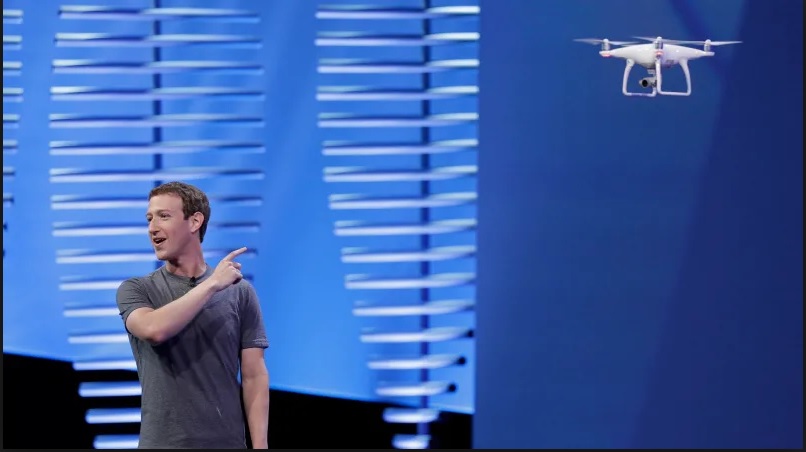
Before that, these drones were used to transfer Internet to about four crores users in distant areas in the world.
- Instagram Launches A Lite Version For Users In Rural And Remote Areas
- Australia Passed New Law That Requires Facebook And Google To Pay For News Content
- Facebook Stops Showing Australian Content, Even From Government Sites
Business Insider reported that Facebook decided to use drones to improve mobile data speed in some areas which lack adequate infrastructure. The major purpose of these tiny drones is to bring “high-density solid state drives… that could then be used to ferry data.”

According to the report from The Verge on March 29, the drones will take the role of a mesh network that is established between smartphones and a grounded connection to help users to transfer data with high bandwidth.
In 2018, Facebook abandoned a project called “Catalina”. This was not the first time the social networking company killed aerial internet initiatives like that.
Back to 2017, a project of a tiny helicopter drone which was expected to become an alternative for cellular services in many emergencies was still abandoned by the tech giant itself. The Verge was the one to gather the information. Only some months after Facebook showed the project off at the annual developer conference, F8, in May 2017, the company decided to put an end to it.
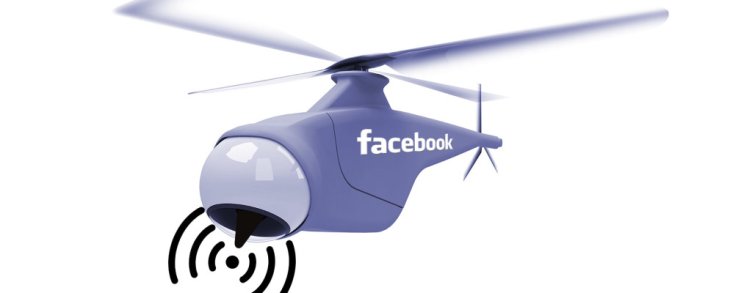
In the project, Facebook planned to take a helicopter, which was attached with telecom equipment, hundreds of metres above the ground to connect power and fibre lines in very high places where we can’t use wireless network due to some specific reasons like a disaster.
Until June 2018, the company made an announcement on its decision to terminate the project named Aquila to develop high-flying drones that were powered by solar energy. Before that, these drones were used to transfer Internet to about four crores users in distant areas in the world.
Talking about the mission of Aquila, Mark Zuckerberg, the CEO of Facebook, said that a system of high altitude platform station (also known as HAPS) helped to connect the whole world with each other, as well as allowed those who couldn’t access to the online network to approach what benefits the Internet brings.
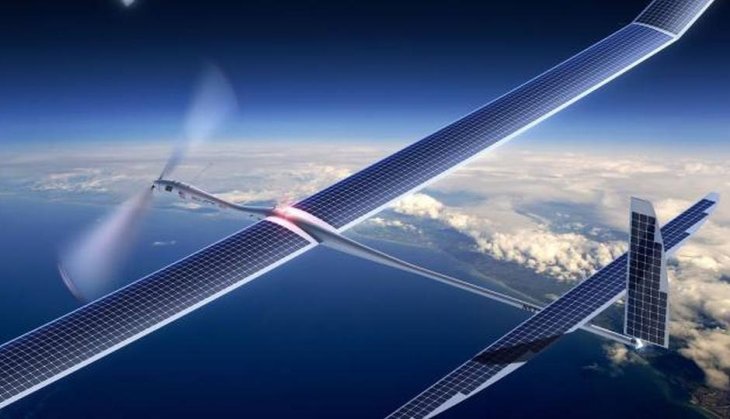
The project Aquila started operating in 2014, and three years later, the drones powered by solar energy officially passed the full test flight for the second time.
However, up to now, Facebook has kept developing its ambitious project called internet.org to expand global internet networking and provide contents to more and more users in all areas of the world.
Featured Stories
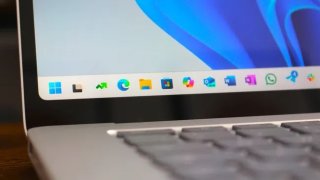
ICT News - Jul 05, 2025
Windows 11 is Now the Most Popular Desktop OS in the World

ICT News - Jul 02, 2025
All About Florida’s Alligator Alcatraz: A Smart Move for Immigration Control

ICT News - Jun 25, 2025
AI Intimidation Tactics: CEOs Turn Flawed Technology Into Employee Fear Machine
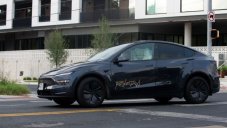
ICT News - Jun 24, 2025
Tesla Robotaxi Finally Hits the Streets: $4.20 Rides That'll Make You Hold Your...
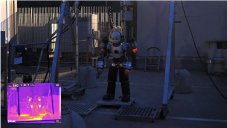
ICT News - Jun 24, 2025
World's First Flying Humanoid Robot Takes Flight

ICT News - Jun 24, 2025
When Closed Source Met Open Source: Bill Gates Finally Meets Linus Torvalds After...

Gadgets - Jun 23, 2025
COLORFUL SMART 900 AI Mini PC: Compact Power for Content Creation

ICT News - Jun 22, 2025
Neuralink Telepathy Chip Enables Quadriplegic Rob Greiner to Control Games with...

ICT News - Jun 20, 2025
Tesla vs Zoox vs Waymo: Who would win?

ICT News - Jun 19, 2025
Comments
Sort by Newest | Popular